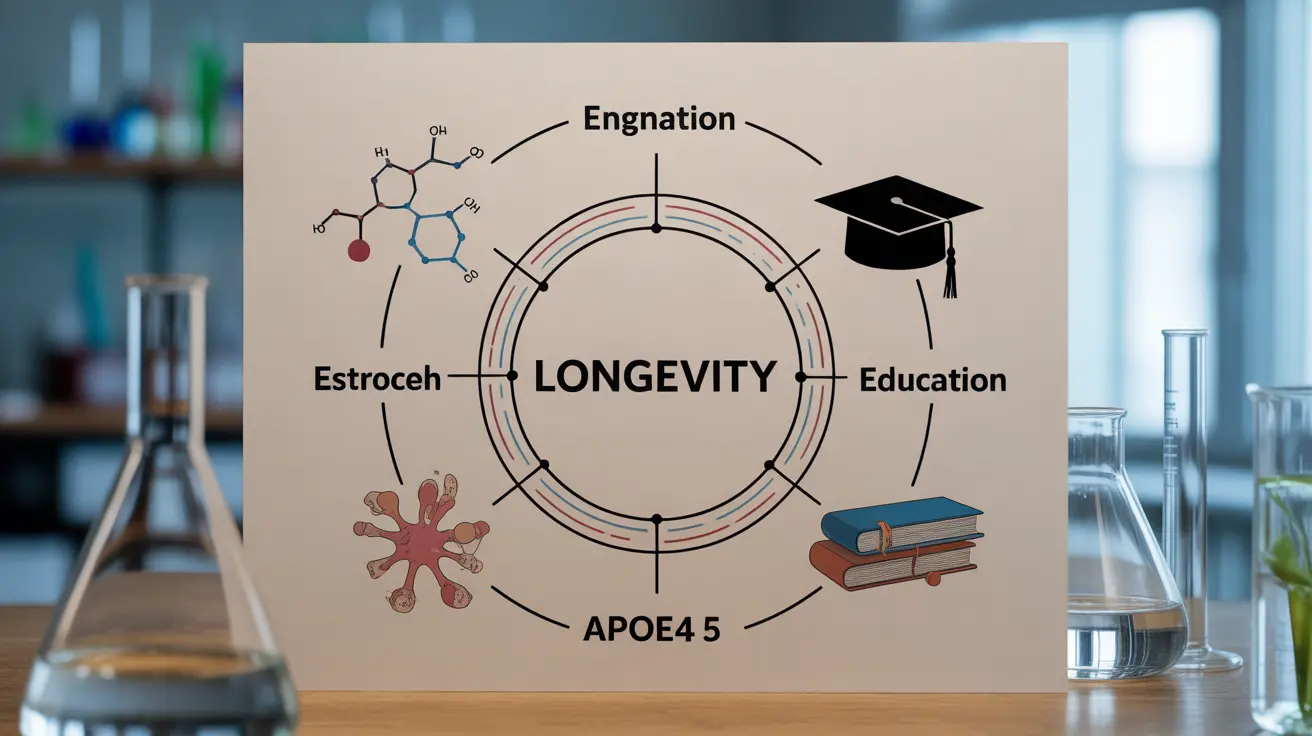Understanding the gender disparities in Alzheimer's disease is crucial for both healthcare providers and families affected by this devastating neurological condition. Research has consistently shown significant differences in how Alzheimer's impacts men and women, with particularly important implications for risk assessment and prevention strategies.
This comprehensive guide explores the relationship between gender and Alzheimer's disease, examining why certain biological and social factors may contribute to different risk levels between males and females.
The Higher Prevalence of Alzheimer's in Women
Statistics reveal that women are disproportionately affected by Alzheimer's disease. Almost two-thirds of Americans living with Alzheimer's are women, making this a significant women's health issue. This striking difference has led researchers to investigate the underlying causes of this gender disparity.
Biological Factors Contributing to Gender Differences
Hormonal Influences
Female hormones, particularly estrogen, play a crucial role in brain health and cognitive function. The dramatic decrease in estrogen levels during menopause may contribute to women's increased vulnerability to Alzheimer's disease. Estrogen helps protect brain cells and promotes neural connections, making its decline potentially significant in disease development.
Genetic Considerations
The APOE4 gene, a known risk factor for Alzheimer's, appears to affect women differently than men. Women carrying this gene variant face a higher risk of developing Alzheimer's compared to male carriers, suggesting important genetic-hormonal interactions that influence disease progression.
Social and Environmental Factors
Life Expectancy Impact
Women typically live longer than men, which naturally increases their likelihood of developing age-related conditions like Alzheimer's. However, longevity alone doesn't fully explain the gender disparity in Alzheimer's cases, as research shows other factors are also at play.
Education and Career Patterns
Historical differences in educational and career opportunities between men and women may have influenced cognitive reserve – the brain's resilience to neurological damage. These social factors could contribute to different risk profiles between genders.
Prevention Strategies for Women
Research suggests certain prevention strategies may be particularly beneficial for women at risk of Alzheimer's:
- Regular physical exercise, especially aerobic activities
- Maintaining strong social connections
- Engaging in mentally stimulating activities
- Following a Mediterranean-style diet
- Managing cardiovascular health
- Prioritizing quality sleep
Frequently Asked Questions
Who is more likely to get Alzheimer's disease, males or females?
Women are more likely to develop Alzheimer's disease than men. Approximately two-thirds of Alzheimer's patients are women, making them significantly more vulnerable to the condition.
Why do women have a higher risk of developing Alzheimer's compared to men?
Women face higher Alzheimer's risk due to multiple factors, including hormonal changes during menopause, genetic predisposition (particularly with the APOE4 gene), longer life expectancy, and historical differences in education and career opportunities that may affect cognitive reserve.
How does the APOE4 gene affect Alzheimer's risk differently in women and men?
The APOE4 gene has a stronger negative impact on women than men. Female carriers of this gene variant have a higher risk of developing Alzheimer's compared to male carriers, suggesting a complex interaction between genetics and biological sex.
What role does longevity play in the higher rates of Alzheimer's seen in women?
Women's longer average life expectancy contributes to higher Alzheimer's rates, as age is the greatest risk factor for the disease. However, research shows that longevity alone doesn't fully explain the gender disparity in Alzheimer's cases.
Are there specific prevention strategies to reduce Alzheimer's risk that work better for women?
While most prevention strategies benefit both genders, women may particularly benefit from hormone-related interventions, regular exercise, social engagement, and cognitive stimulation. Maintaining cardiovascular health and following a Mediterranean diet are also especially important for women's brain health.




